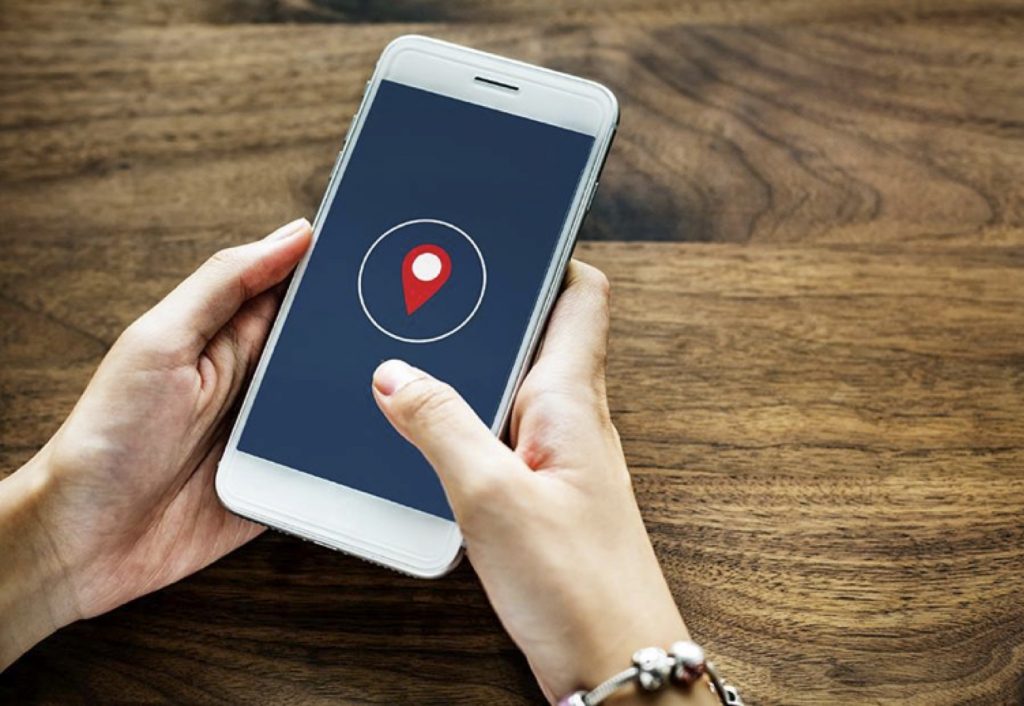How to keep your online and mobile data secure?
Mobile devices have a major role to play in our lives. From communications to entertainment and even work, chances are your smart is never far from you. However, all of this convenience comes at a cost. More often than not, most of us would not think twice about sharing sensitive information on social media or via messaging services – this includes explicit pictures and banking information amongst other items threatening to mobile data security.

Having normalized the use of such services, we rarely stop to think about how this information is stored and processed. For example, Whatsapp; one of the world’s most popular messaging services has issues with security breaches
and data loss.
Hackers often take advantage of this vulnerability to steal sensitive information that can be used for their own nefarious purposes. From viewing personal text messages to stealing financial information, we need to take a long, hard look at our relationship with today’s messaging apps.
These services are usually entirely free of charge which serves as a major incentive for most users. In such cases, many fail to ask the question – what does a company stand to gain from providing a free service?
Facebook – the world’s largest social media company owns four of the most downloaded apps of the decade including Whatsapp and Instagram. All of which provides the company with access to the information of over a billion people in the world.
Does all of this mean that we should abandon the use of social media and other free messaging apps? Of course not. However, it does mean that we need to seriously assess our relationship with information and social media in today’s mobile age. Here’s how you can protect your privacy in today’s information age.
-
Keep it casual
Messaging services can be a threat to mobile data security and should only be used for casual or social messages only. When discussing matters related to work, it’s better to speak in person or pick up the phone and call.
Alternatively, pick up the phone and speak to a colleague. Discussing work-related issues over Whatsapp or SMS can be extremely dangerous as your data is not as secure as you thought it was.
Short messaging services or SMSs are notoriously vulnerable to hack attacks and can easily be breached. SIM swapping for example, makes use of weaknesses in SMS messages to steal data or even hijack a mobile device.
-
Use only trusted internet sources
Free Wi-Fi is a hacker’s paradise, making mobile data security extremely vulnerable. In recent times, restaurants, cafes, and even airports have begun offering free Wi-Fi for their customers which can be extremely convenient.
However, as can be seen from this article, weaknesses with WPA2 encryption have made public Wi-Fi networks a favorite for cyber criminals. By placing themselves between your device and the Wi-Fi connection point, a hacker will be able to gain easy access to vital information that you may have. This includes credit card details, work emails, personal text messages, and even photos of your loved ones.
Imagine a hacker going on a spending spree with your credit card whilst sharing some of your wife’s most intimate pictures on the internet and you’ll quickly see why free internet isn’t so great after all.
-
Use an encrypted messaging service
Security and awareness are the cheapest, most effective insurance policies you can buy. However, are text messages secure
? If you routinely handle a lot of sensitive information in your daily life, it’s best to switch to dedicated encrypted messaging services.
Telegram and Signal are examples of encrypted messaging service providers that focus on providing top-tier security. Signal in particular has received an endorsement from Edward Snowden with regards to its effectiveness. However, these apps are not without their weaknesses which is why you should never really let your guard down. Your best option would be to minimize your vulnerabilities where possible and practice good data hygiene.
The world is a cold and unfriendly place but that does not mean that you should be resigned to living in fear. Far from it actually. Be alert, be aware, and never take mobile data security for granted.

